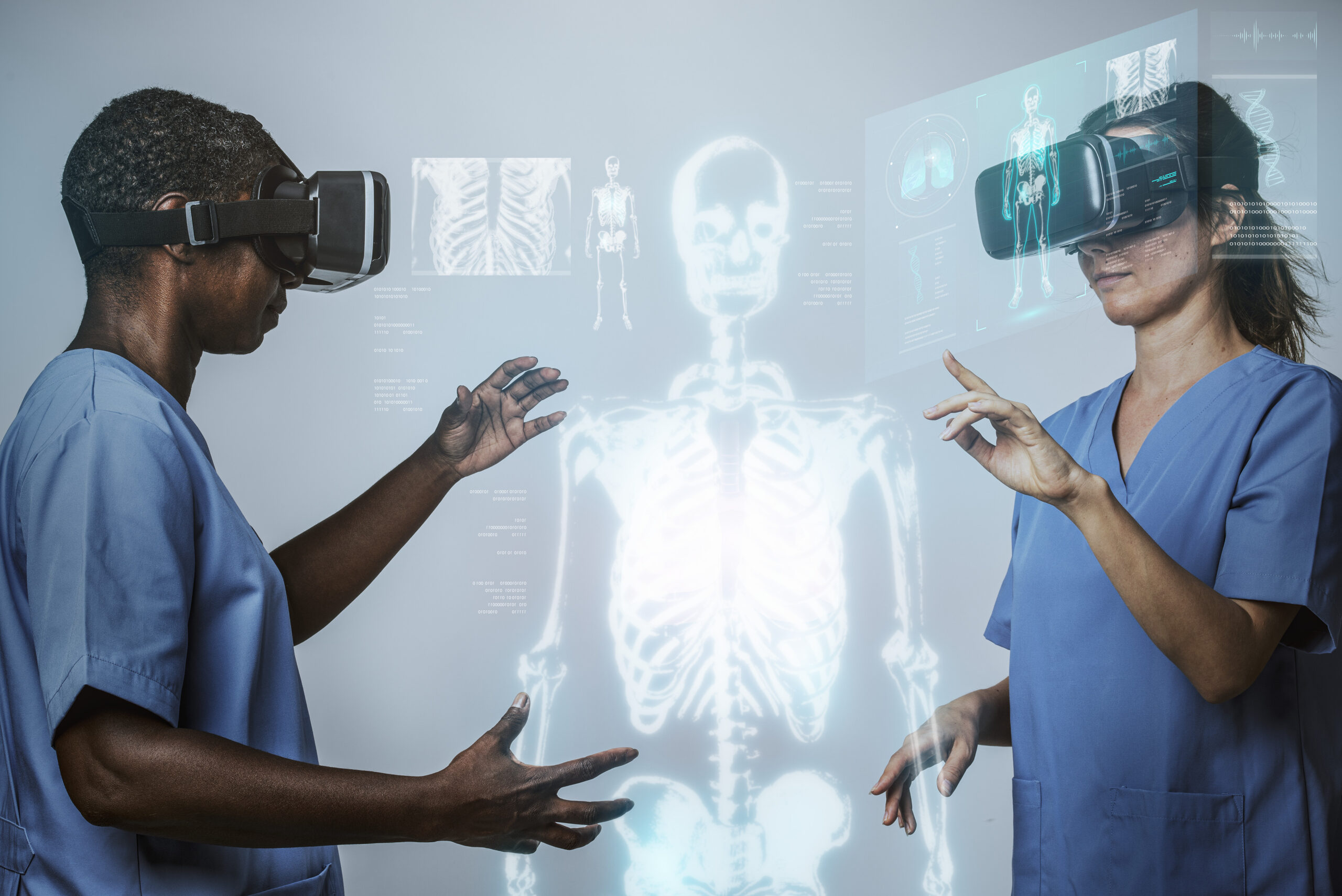The healthcare industry is experiencing a technological revolution, and the smart hospital is leading the charge. Smart hospitals use innovative technologies to improve patient outcomes, increase operational efficiency, and reduce costs. In this article, we will explore some of the most innovative technologies for smart hospital management.
Electronic Health Records (EHRs)
Electronic Health Records (EHRs) are digital versions of patient medical records. They allow healthcare providers to access patient information in real-time and improve care coordination. EHRs can also help reduce medical errors and improve patient outcomes. Smart hospitals use EHRs to improve patient care, manage resources, and improve decision-making.
Telemedicine
Telemedicine refers to the use of telecommunication technologies to provide healthcare services remotely. Smart hospitals use telemedicine to increase access to care and reduce healthcare costs. Telemedicine allows healthcare providers to diagnose and treat patients remotely, eliminating the need for in-person visits. This is particularly useful in rural areas, where patients may not have access to healthcare facilities. Telemedicine allows individuals to connect with top clinicians and experts doing ABA therapy in Port St. Lucie, ensuring access to high-quality care.
IoT Devices
The Internet of Things (IoT) refers to the network of physical devices, vehicles, and other objects that are embedded with sensors, software, and connectivity, allowing them to exchange data. In smart hospitals, IoT devices are used to monitor patients’ health, track medical equipment, and manage resources. IoT devices can also be used to automate routine tasks, such as temperature and humidity control, and to reduce waste and improve energy efficiency.
Artificial Intelligence (AI)
Artificial Intelligence (AI) refers to the ability of machines to perform tasks that would normally require human intelligence. In smart hospitals, AI is used to improve patient care, reduce medical errors, and optimize resource allocation. AI can analyze large amounts of data and identify patterns that may be missed by humans. This can help healthcare providers make more informed decisions and provide more personalized care.
Robotics
Robotic technologies are becoming increasingly common in smart hospitals. Robots can be used to perform routine tasks, such as cleaning and sterilizing equipment, as well as more complex tasks, such as assisting with surgery. Robots can improve patient outcomes by reducing the risk of infection and improving surgical precision.
Blockchain
Blockchain technology is a decentralized system that allows for secure, transparent, and immutable transactions. In smart hospitals, blockchain can be used to improve data security, reduce fraud, and improve supply chain management. Blockchain technology can also be used to create a decentralized healthcare database that would allow healthcare providers to access patient information securely.
Conclusion
In conclusion, smart hospitals are using innovative technologies to improve patient outcomes, increase operational efficiency, and reduce costs. Electronic Health Records, telemedicine, IoT devices, AI, robotics, and blockchain are just a few of the many technologies that are transforming healthcare. By leveraging these technologies, smart hospitals are improving the patient experience and transforming the healthcare industry.
